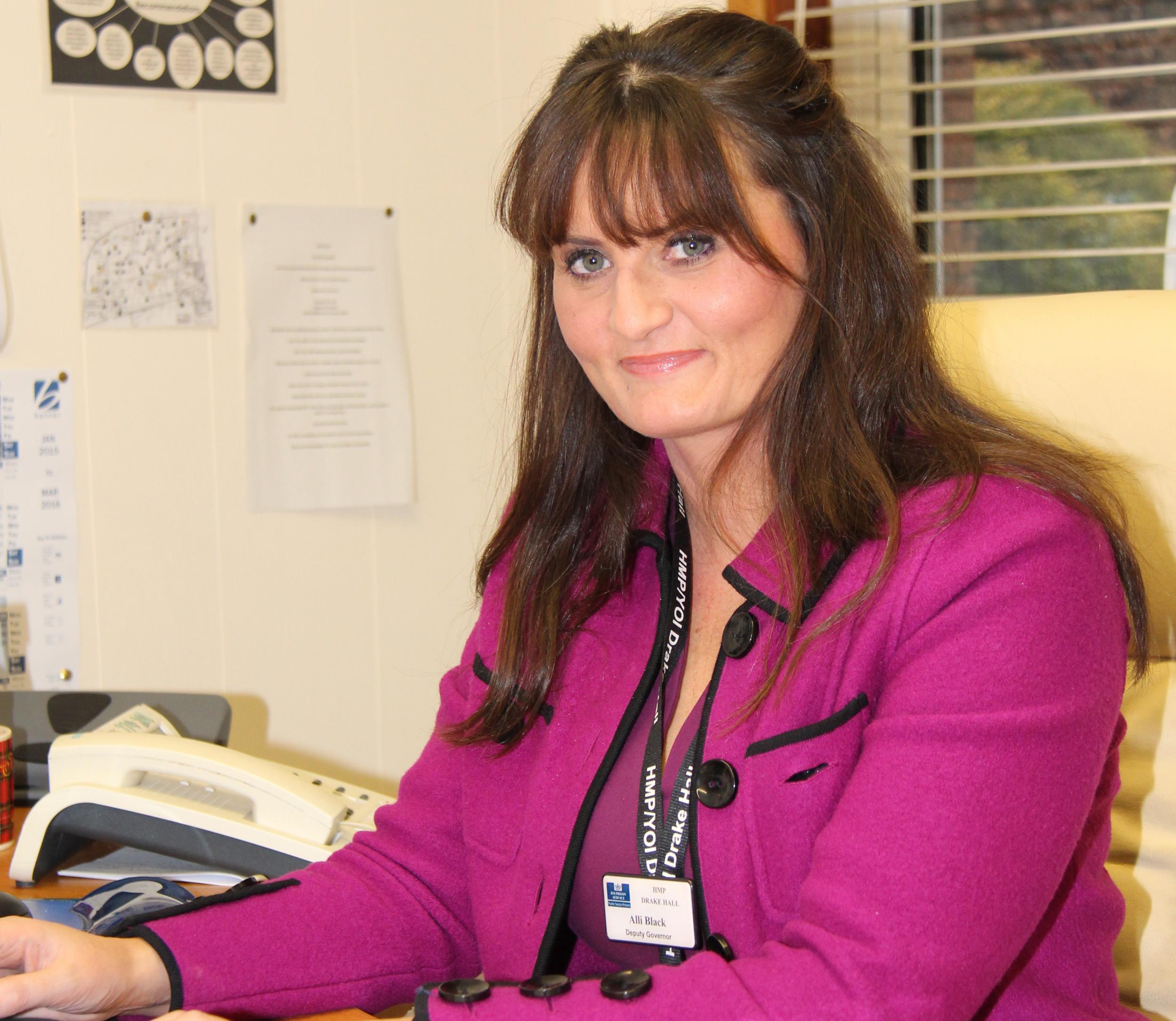What's it like to work as a prison governor?
Command and compassion are equally important to the job, says deputy governor Alli Black

Your support helps us to tell the story
From reproductive rights to climate change to Big Tech, The Independent is on the ground when the story is developing. Whether it's investigating the financials of Elon Musk's pro-Trump PAC or producing our latest documentary, 'The A Word', which shines a light on the American women fighting for reproductive rights, we know how important it is to parse out the facts from the messaging.
At such a critical moment in US history, we need reporters on the ground. Your donation allows us to keep sending journalists to speak to both sides of the story.
The Independent is trusted by Americans across the entire political spectrum. And unlike many other quality news outlets, we choose not to lock Americans out of our reporting and analysis with paywalls. We believe quality journalism should be available to everyone, paid for by those who can afford it.
Your support makes all the difference.When she is not getting called "guv" or "boss" by prisoners, Alli Black's job is similar to being a head teacher. As a deputy prison governor, she is in charge of the operational running of HMP Drake Hall in Staffordshire, as well as overseeing the well-being of 340 female prisoners.
The 40-year-old is usually told she doesn't look "harsh" enough to do her job, but she tries not to be an intimidating figure - and says compassion as well as command is "equally important".
Christmas is one of the most difficult times of year for inmates, and Black has found it especially hard working in a women's prison for the past three years.
"It's a time like no other. When you see an 11-year-old who understands where their mum is, who knows she's not at work or visiting friends, you can't help but feel compassion for that woman."
Although she recognises that empathy is important, she says you have to be "at ease" with the fact that people have to be locked up.
"Some of our women have quite harrowing stories and it's easy to see the wrong decisions they've made, but that doesn't make them right."
The history of art graduate joined the prison service 18 years ago after working with ex-offenders with drug problems during her degree.
While the job has its tough days, there are rewarding moments when she sees people who turn their lives around.
"It is absolutely wonderful when you see someone who's been a drug addict and they are no longer on drugs and have got hopes for the future."
She often worries if prisoners will continue to thrive on release, and is used to seeing the same faces come through the door again - even if it can be "disappointing".
But it makes her day when she sees ex-offenders in town who say "hello guv" or nod at her in the street.
"There's a recognition they're on the right side of the fence. It's lovely."